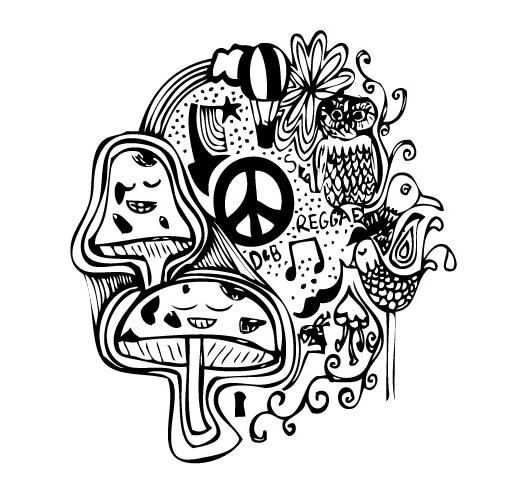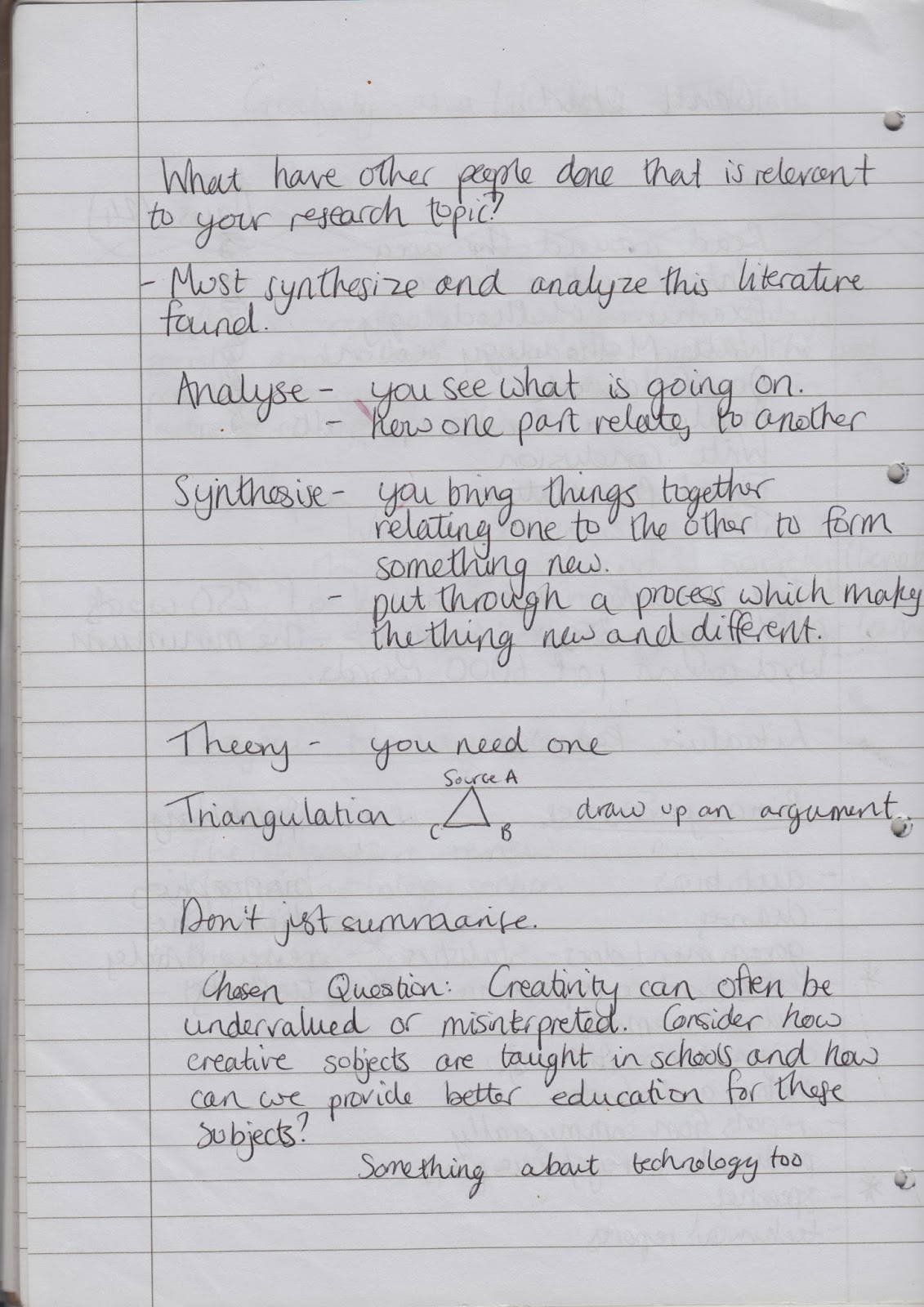This website (scottish curriculum) has information about Game Based Learning
http://www.educationscotland.gov.uk/usingglowandict/gamesbasedlearning/index.asp
Community art workers work closely with community groups to engage and involve them in arts projects.
These could include:- Drama and dance
- Visual arts – painting including murals, photography and textile art
- Model-making and crafts
- Creative writing
- Film and video production
Some projects have a particular cultural or environmental focus. Improving quality of life is an important goal for community art workers.
Community art work is very varied and often involves participating in the creative work with members of the community.
The work can include:
- Developing innovative ideas alongside a community group for diverse arts projects
- Helping to develop art projects that meet the needs of the community
- Enabling people to develop art-work for their own community
- Teaching and demonstrating art techniques through workshops and classes
- Obtaining funding to support the work by writing bids and applying for grants
- General administration including managing budgets
- Networking with a very wide range of people including community artists
- Liaising with statutory and non-statutory groups including other community organisations
- Marketing and publicity including press, radio, internet and increasingly social networking sites
- Evaluation and project management
- Managing volunteers and developing their skills
- Hospitals
- Prisons
- Schools, especially in the after-school setting
- Local community and neighbourhood groups
- Carnivals
- Community theatre groups
- Care homes





































